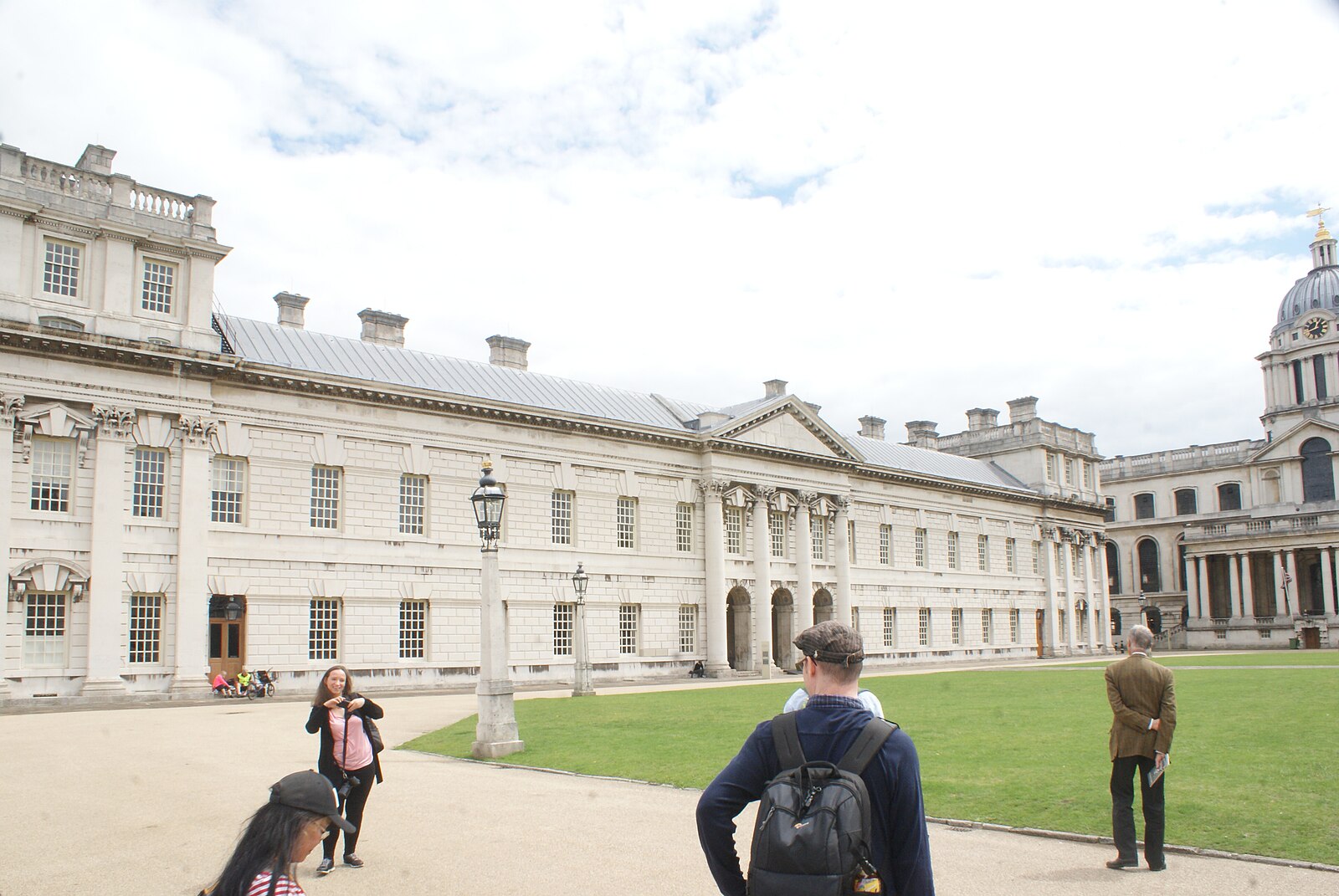UK’s first ‘super-university’ announced, as Kent and Greenwich merge amid financial struggles
The universities of Kent and Greenwich will merge into the UK’s first ‘super-university’ from autumn 2026, uniting under the proposed name of London and South East University Group.
The move comes amid sector-wide financial pressures, and signifies the drastic measures that UK universities will have to consider in the near future to combat the financial crisis.
London and South East University Group will become one of the biggest universities in the country, spanning an entire region.
The ‘super-university’ will be united under a single Vice-Chancellor, Jane Harrington, who currently leads operations at Greenwich, and students from the universities will share services.
[Vice-Chancellor Jane] Harrington has also suggested that other universities may join the university group in the future, with the merger being designed as a ‘blueprint’ for the future
On a practical level, however, secondary school leavers will still apply to the two separate institutions as usual and, upon completion of their studies, will be awarded a degree from either the University of Kent or the University of Greenwich.
Harrington has also suggested that other universities may join the university group in the future, with the merger being designed as a “blueprint” for the future.
The financial crisis has impacted all UK universities to some degree. However, the University of Kent has been hit particularly hard.
In the 2023/24 academic year, the university reported a £31 million deficit. In April last year, its permanent Vice-Chancellor stood down and six humanities-focused courses were axed.
In January this year, the University of Kent launched a redundancy scheme for staff, hoping that further job cuts might save the institution in the region of £20 million.
Despite the measures the university has taken to balance the books, Kent was “on the brink of insolvency”, according to Jo Grady.
Ruth Ballardie, Co-Chair of the University of Greenwich’s UCU branch, questioned what the institution had to gain from the merge, with recent reports suggesting the university was in a £33 million surplus
Grady, who serves as General Secretary of the University and College Union (UCU), also described the merge as “a takeover by Greenwich”.
Both the Office for Students (OfS) and Department for Education (DfE) have endorsed the merger, suggesting that other struggling universities may implement similar “innovative approaches” in the future.
The UCU is less optimistic, suggesting that there will “almost certainly” be further redundancies as a consequence of the merge.
Grady highlighted that both universities should have been flagged for intervention by the government, with a lack of support sooner leading to crisis management that “isn’t offering stability”.
Ruth Ballardie, Co-Chair of the University of Greenwich’s UCU branch, questioned what the institution had to gain from the merge, with recent reports suggesting the university was in a £33 million surplus.
This exciting collaboration is about harnessing the combined power of two ambitious universities looking to the future
Prof Georgina Randsley de Moura, Kent Acting Vice-Chancellor
“Why is Greenwich picking up an institution that’s in a much worse financial position?”, she asked.
In comparison, Acting Vice-Chancellor of the University of Kent, Professor Georgina Randsley de Moura, said: “This exciting collaboration is about harnessing the combined power of two ambitious universities looking to the future, to ensure we are sustainable, impactful, and can make a bigger difference to the communities we serve.”
Staff at both universities are also concerned about how the merger will impact on their job security, pay, and pensions, particularly as the universities currently operate entirely different pension schemes.
“You can’t tell me they’re going to merge and not have redundancies,” Ballardie added, “it would not make logical sense.”

Comments